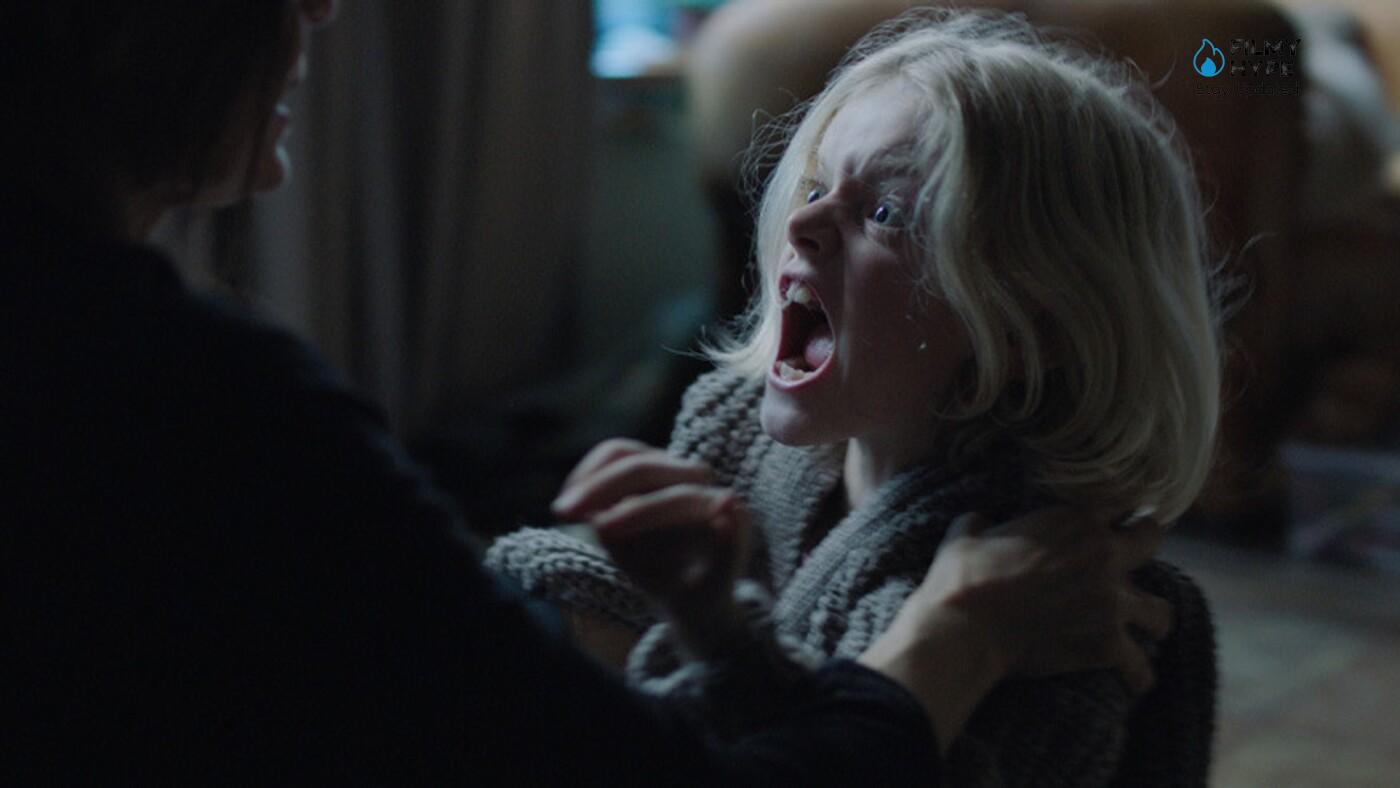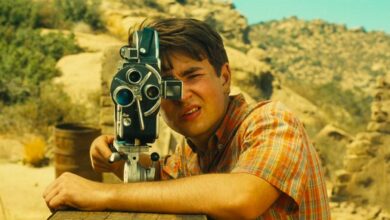The Chalk Line (Jaula): Did A True Story Inspire The Film? Here is What We Know About Real Incident
Given Halloween, The Chalk Line (Jaula) is the new horror that will make us shiver in the cold evenings of October. Directed by Ignacio Tatay, it tells the story of a couple who welcomes a girl found on the street into their home. Living with her, however, will be complicated, since she lives obsessed with the fantasy that a monster can come out of a plaster square painted on the floor to punish her. Paula then embarks on a journey to try to uncover the girl’s enigmatic past.
The Chalk Line: Did A True Story Inspire The Film?
The Spanish film by Ignacio Tatay The Chalk Line (Jaula), now trending on Netflix, is also making headlines for the true story that inspired it. The plot of the film refers to one of the most notorious crimes of all time: the Fritz case, or the kidnapping of Elisabeth Fritzl, an Austrian woman who lived imprisoned for 24 years – from 1984 to 2008 – in the bunker of her engineer father, Josef Fritzl, known as The Amstetten Monster.
Let’s go back to the facts: Josef Fritzl held his daughter, Elisabeth, a prisoner in a basement for 24 years. He repeatedly abused her, who became pregnant with her and gave birth to a total of seven children. One of these was killed by Fritzl shortly after birth and burned in an incinerator; three instead lived with Elisabeth in the basement, where she taught them to read and write. Finally, the other three continued to live on the upper floor of the house with Josef Fritzl, who passed them off as “foundlings” and of which he became the foster parent together with his wife Rosemarie. Since Rosemarie was also Elisabeth’s biological mother, these children were her grandchildren. For Fritzl, however, they were both children and grandchildren.

Three elements fundamental in The Chalk Line (Jaula) almost perfectly coincide with Josef Fritzl’s real crimes. In the film, an unknown basement has been turned into a prison and there is a person held captive for many years: the same happened in the case of Amstetten. Second, Jaula’s baby girl is given birth after the victim was raped by the kidnapper, which means she has lived her entire life in this basement, just like three of Elisabeth Fritzl’s children. Also, in The Chalk Line (Jaula), when a child is in a medical emergency due to kidney failure, he is taken out of the basement for help. It was precisely in this way that one of Elizabeth’s children managed to escape from the Amstetten bunker, marking the end of the poor woman’s decades of imprisonment.
Of course, in Jaula the location, the names of the characters and any such references to the events in Amstetten have been changed. However, many of the brutal details are real, just as several very gruesome details of the real Josef Fritzl case have been omitted. The plot of the film, which we told you about in our The Chalk Line review, sees Paula (Elena Anaya) and her husband (Pablo Molinero) driving back from dinner. Suddenly, they come across a little girl (Eva Tennear) who is wandering alone on the street.
Two weeks later, after learning that no one is looking for her, they decide to temporarily welcome her into their home and change their life as a couple. It won’t be easy, because the girl is obsessed with the fantasy of a monster who punishes her if she comes out of a chalk square painted on the floor. After the strong bond is created, Paula will begin a journey through dark paths to uncover the enigma of the girl’s past.





